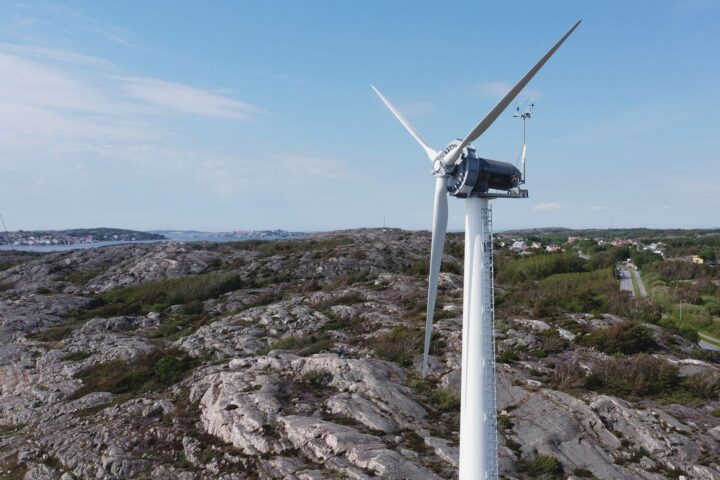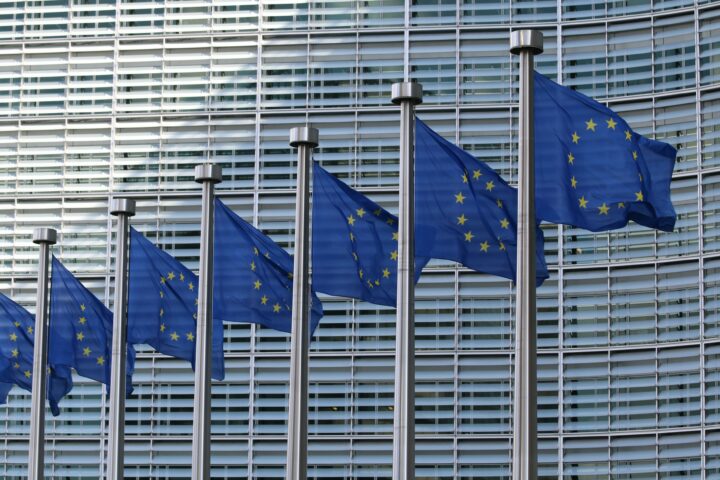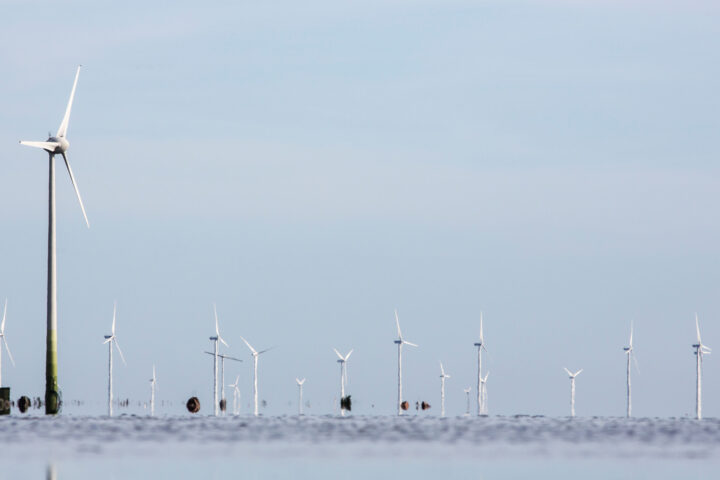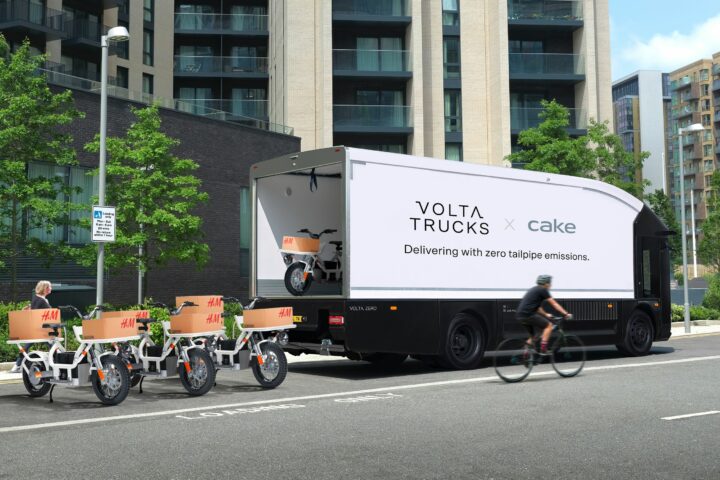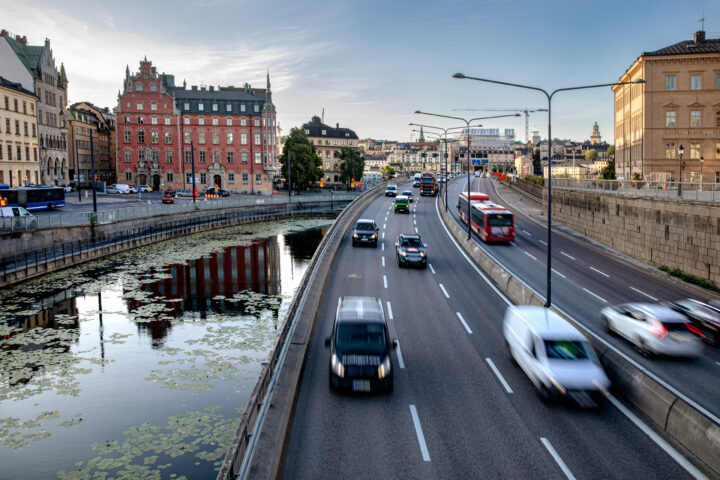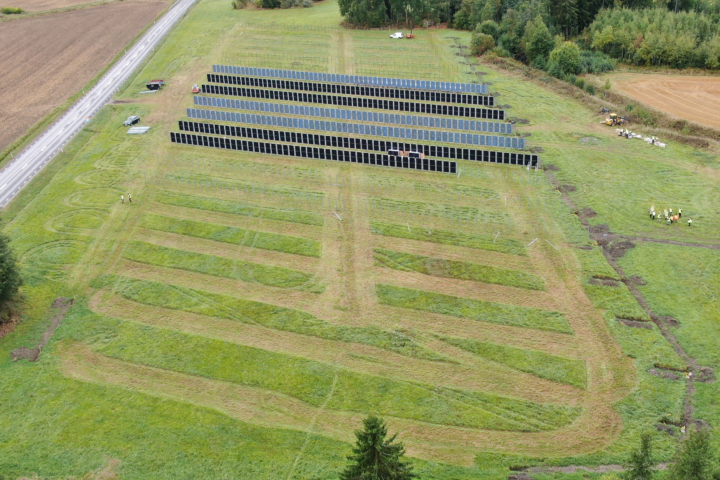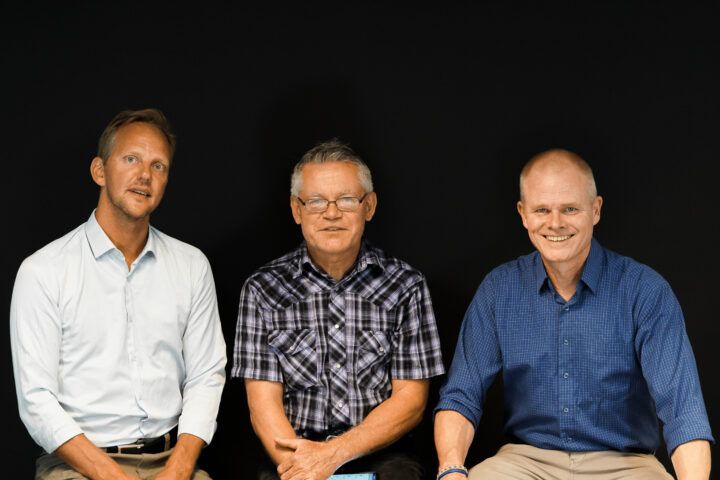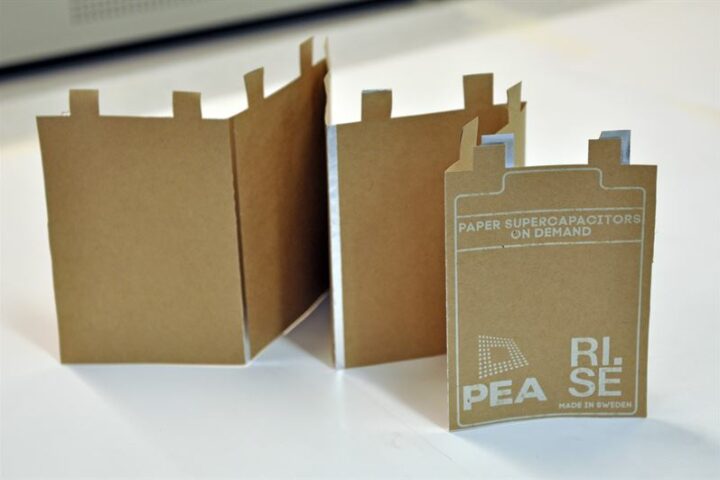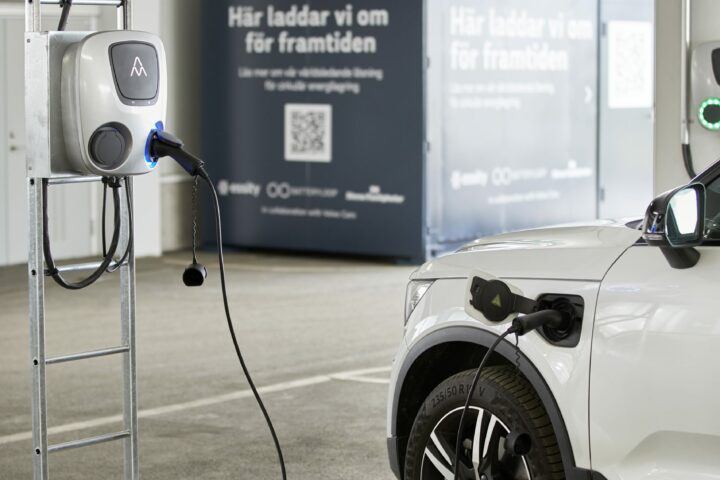Swedish Cleantech News - Page 5 of 15 - Swedish Cleantech
Renewable Energy
Modvion – Wooden Wind Turbines
As the need to transition to renewable energy is increasing, wind power installations are increasing too. In 2021, wind electricity generation increased by 17 % worldwide, and China, the US and Brazil increased the most in wind generation. The increased interest means increased pressure on using fossil materials such as iron and steel, which has a big environmental footprint.
Sustainable Materials
EU outlines the Green Deal Industrial Plan
The European Union has put forward a cleantech industrial plan to keep up in the race with China and the United States for a green industry transition. The Green Deal Industrial Plan will make it easier to push through subsidies for green industries and work towards the goal set by the EU to become climate-neutral by 2050.
Sustainable Transportation
Electrofuel facility helps decrease emissions from the maritime sector
The maritime sector uses 300 million tonnes of fossil fuels every year, and a sustainable transition is urgent to decrease the impact on the environment from the sector. Liquid Wind, a company that produces eMethanol, says that the solution can reduce carbon dioxide emissions by 90 %. Now, Liquid Wind is building its third facility in the North of Sweden.
Renewable Energy
Vattenfall to build the world’s biggest offshore wind power park
Swedish state-owned Vattenfall is building what will be the world’s biggest offshore wind power park in the Netherlands. When finished, the installed capacity will be 1,5 gigawatts – the same as Sweden’s biggest nuclear power reactor.
Sustainable Materials
Renewcell – making fashion circular
Imagine a world where you can shop sustainably because the new clothes you buy used to be another piece of clothing. The Swedish company Renewcell has created a product that enables just that. The company’s goal is to recycle 1,4 billion t-shirts per year by 2030.
Sustainable Transportation
CAKE and Volta Trucks join forces for last-mile deliveries
As the demand for e-commerce and home deliveries has increased, the need for last-mile delivery solutions has grown. Now, CAKE and Volta Trucks have teamed up to provide integrated, electric deliveries to H&M customers. First up is a pilot test in Paris, which will start in February 2023.
Sustainable Transportation
Only electric cars in Stockholm city in 2026
By 2030, car traffic in Stockholm should decrease by 30 %, compared to 2017 levels. The first step is a zone in the central parts of Stockholm, where only electric cars and some gas cars will be allowed.
Renewable Energy
Sweden’s first large-scale solar combines electricity production and farming
Linde Energi is building Sweden's first large-scale solar park that combines electricity production with agriculture. The construction is Sweden's first large-scale solar park of its kind and probably the largest in the Nordics.
Resources and Environment
Green cement gets recognition
The Swedish company CemVision is on a mission to make cement, an industry which stands for about 8 % of the emissions worldwide, green.
Energy Efficiency
Paper battery stores energy in buildings
Scientists at RISE (research institutes of Sweden) have developed a paper battery that in the future can be used to store renewable energy. The battery, which can be built into walls, can potentially make buildings self-sufficient in energy, as well as be used as insulation.
Energy Efficiency
Challenges in the electricity grid demands new storage solutions
Electricity system 1.0 maintained a clear distinction between producer and consumer. Now we are entering into version 2.0, in which many are both micro-producers and consumers at the same time, placing great demands on the electricity grid. Could energy storage in the form of recycled EV batteries be part of the solution?
Resources and Environment
The agricultural technology revolution: innovation for sustainable farming
Tractors, milking machines and mechanized combine harvesters–innovative technologies that transformed small-scale farming into large-scale agribusinesses. Now we are on the cusp of another technological revolution, this time one that will both increase efficiency and reduce the environmental impacts of food production.
